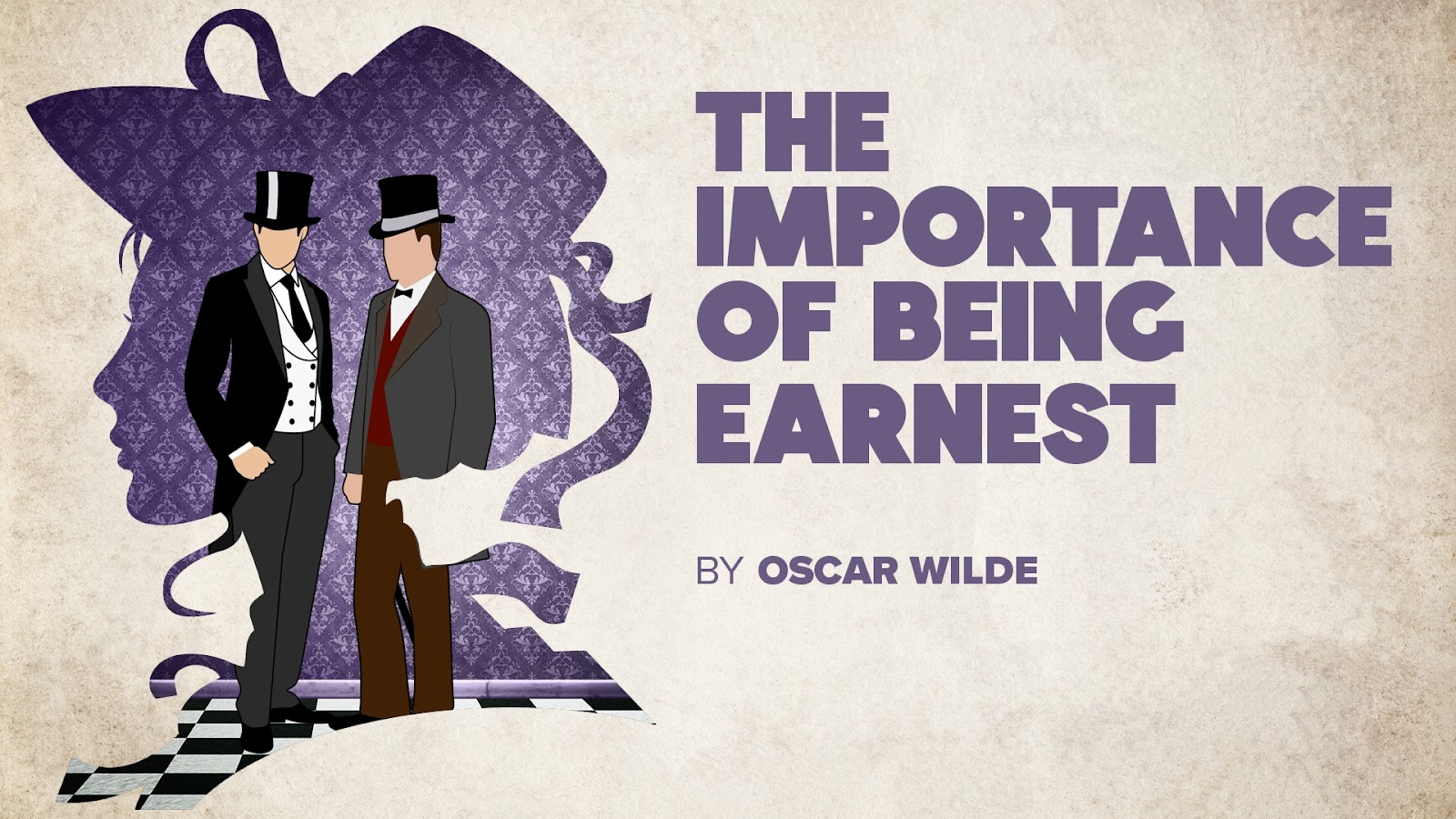Introduction:
The "Preface to Lyrical Ballads" is a critical essay written by William Wordsworth, a renowned English poet, and it was first published in 1800. In this preface, Wordsworth outlined his poetic principles and goals, which played a significant role in shaping the Romantic literary movement. He emphasized the use of simple, everyday language in poetry and the importance of emotional sincerity and a connection with nature. Wordsworth also discussed the concept of "the spontaneous overflow of powerful feelings" as the source of poetic inspiration. This preface is considered a foundational text for understanding Romantic poetry and its principles.
How French Revolution influenced Wordsworth's romanticism?
The French Revolution had a significant influence on William Wordsworth's Romanticism. Wordsworth, along with other Romantic poets, was deeply affected by the revolutionary ideals and social changes of the late 18th century. Here's how it influenced his work:
1. Embrace of Nature and Simplicity:
The ideals of the French Revolution, with their emphasis on liberty and equality, inspired Wordsworth to seek simplicity and authenticity in his poetry.
In Wordsworth's poem "Lines Composed a Few Miles Above Tintern Abbey," he celebrates the restorative power of nature, portraying it as a source of emotional and spiritual renewal. This emphasis on nature reflects his Romantic belief in its restorative qualities.
2. Individualism and Freedom:
The revolutionary spirit encouraged Wordsworth to champion individualism and personal freedom, both of which are key themes in Romantic literature.
In his poem "I Wandered Lonely as a Cloud" (commonly known as "Daffodils"), Wordsworth describes his solitary wanderings in nature and the profound emotional impact of encountering a field of daffodils. This poem embodies the Romantic idea of the individual's connection with the natural world and the emotional freedom it offers.
3. Critique of Social Injustices:
The upheaval and social injustices of the French Revolution contributed to Wordsworth's critical view of industrialization and its impact on rural communities.
In "Michael," Wordsworth tells the story of a displaced rural family and laments the loss of their way of life due to industrialization. This poem reflects his concerns about the negative consequences of societal changes during his time.
4. Emotional Expression and Imagination:
The intense emotions and revolutionary fervor of the era encouraged Wordsworth to explore the depths of human emotion and the power of imagination in his poetry.
"The Prelude," Wordsworth's autobiographical poem, delves into his own emotional and imaginative experiences, highlighting the idea that poetry arises from the inner emotional world of the individual. This focus on the inner self is a hallmark of Romanticism influenced by the revolutionary spirit.
5. Tension between Idealism and Reality:
The French Revolution's initial promise of liberty and equality followed by violence and chaos mirrored the Romantic theme of the tension between idealism and reality.
Wordsworth's evolving views on the Revolution, from initial support to later disillusionment, can be seen as reflecting this tension. It suggests that he, like other Romantics, grappled with the complexities of revolutionary ideals and their real-world outcomes.
To conclude, the French Revolution's impact on Wordsworth's Romanticism can be observed in his embrace of nature, focus on individualism and freedom, critique of social injustices, emphasis on emotional expression and imagination, and his exploration of the tension between idealism and reality. These elements are evident in his poetry and make his work a prime example of the influence of this historical period on Romantic literature.
The self-contradictory observations in Preface :
In this Preface, Wordsworth makes several self-contradictory observations and statements that reflect the complexity of his literary philosophy. Here are a few examples:
1. Simplicity vs. Complex Emotions:
Wordsworth initially emphasizes the importance of simplicity and the use of "ordinary" language in poetry. However, he also acknowledges that poetry should deal with "incidents and situations from common life" while expressing complex emotions. This seems contradictory, as complex emotions might require a more sophisticated style.
2. Supernatural vs. Ordinary:
Wordsworth speaks of avoiding the use of supernatural elements in poetry, favoring the depiction of everyday life. Yet, he also acknowledges that poetry should take inspiration from "incidents and situations from common life" even if they have a supernatural or fantastical quality. This tension between the ordinary and the extraordinary is a contradiction in his approach.
3. Avoidance of Poetic Diction vs. Creative Language:
Wordsworth criticizes the use of artificial poetic diction but then goes on to use imaginative and creative language in his own poems, which might seem contradictory to his call for simplicity.
4. Emotional Impact vs. Rational Thought:
Wordsworth emphasizes the power of emotion in poetry, stating that poetry should arise from "emotion recollected in tranquility." However, he also praises the importance of reason and understanding, suggesting a tension between emotional expression and intellectual reflection.
These apparent contradictions in Wordsworth's Preface reflect the evolving nature of his poetic philosophy and the complexities of his ideas. They also highlight the broader Romantic movement's interest in exploring paradoxes, emotions, and the dualities of human experience in their literature. Wordsworth's Preface serves as a testament to the richness and depth of his literary vision.
Analysis of one short poem by Wordsworth with reference to his poetic creed :
Let's analyze William Wordsworth's short poem "I Wandered Lonely as a Cloud," also known as "Daffodils," with reference to his poetic creed.
The poem begins with the lines:
"I wandered lonely as a cloud
That floats on high o'er vales and hills,"
In these lines, Wordsworth exhibits his reverence for nature, a central tenet of his poetic creed. He often celebrated the beauty and tranquility of the natural world, and in this poem, he portrays himself as a solitary wanderer in nature, emphasizing the spiritual connection between the individual and the environment.
Wordsworth's love for simplicity and common language is evident throughout the poem. He describes the daffodils in a straightforward and accessible manner, using language that anyone can relate to. This adherence to ordinary language and the depiction of everyday scenes align with his belief in the power of simplicity in poetry.
The poem's central image of the "golden daffodils" dancing beside a lake is a vivid example of Wordsworth's emphasis on the emotional impact of nature. The sight of the daffodils brings a sense of joy and serenity to the speaker, highlighting the idea that nature can stir profound emotions and provide solace in times of solitude or distress.
Furthermore, the poem embodies Wordsworth's concept of "emotion recollected in tranquility." The poet reflects on the daffodils he saw while alone, and the memory of that scene fills him with a sense of inner peace and happiness. This idea underscores Wordsworth's belief that poetry should arise from the recollection of emotional experiences and contemplation in a state of calm.
In conclusion, "I Wandered Lonely as a Cloud" exemplifies Wordsworth's poetic creed by celebrating the beauty of nature, employing simple and accessible language, evoking powerful emotions through natural imagery, and embodying the concept of "emotion recollected in tranquility." It is a quintessential Romantic poem that captures the essence of Wordsworth's literary philosophy.
I hope you have enjoyed reading this blog.
Thank you!💫🦋






No comments:
Post a Comment